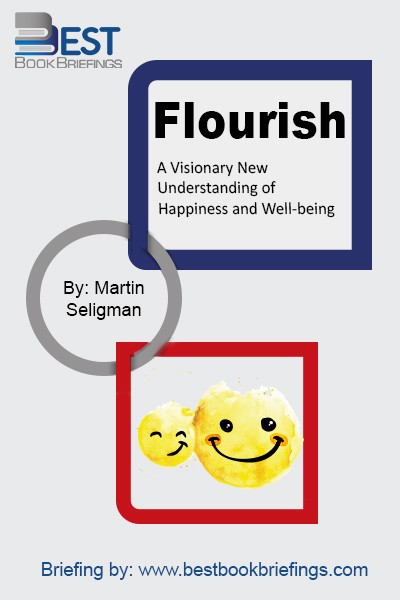Flourish
A Visionary New Understanding of Happiness and Well-being
Number of pages: 368
Publisher: Atria Books
BBB Library: Psychology and Strengths, Personal Success
ISBN: 9781439190760
Editorial Review
Flourish builds on Dr. Seligman’s game-changing work on optimism, motivation, and character to show how to get the most out of life, unveiling an electrifying new theory of what makes a good life—for individuals, for communities, and for nations. In a fascinating evolution of thought and practice, Flourish refines what Positive Psychology is all about. While certainly a part of well-being, happiness alone doesn’t give life meaning.
Book Reviews
Books on Related Topics
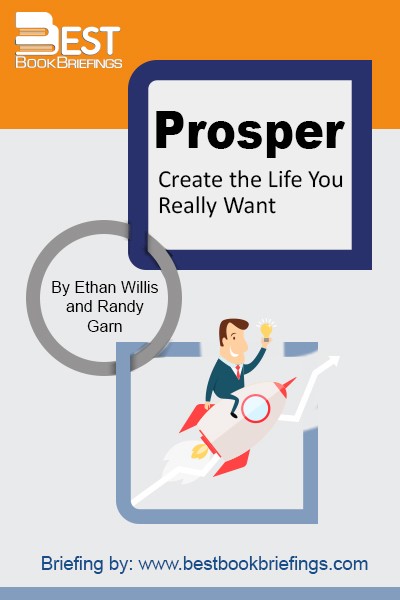
We see prosperity as multidimensional. When you are happy, when you have enough money and are at peace with how you are earning that money, this leads to the sustainable state that we describe as prosperity. Balancing these three things—money, happiness, plus sustainability—leads to prosperity. The prosperity that we value depends
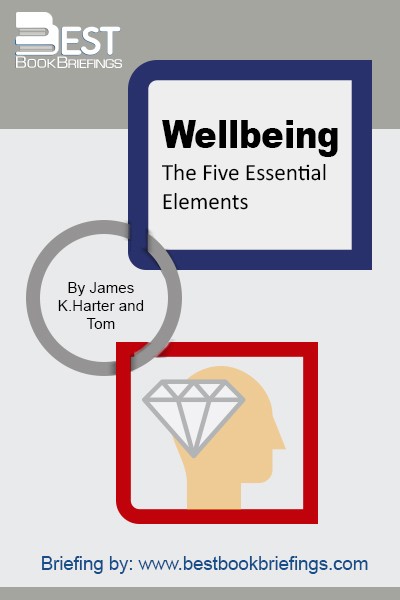
Wellbeing isn’t just about being happy, wealthy or successful. And it’s not limited to physical health and wellness. Wellbeing is all the things that are important to how we think about and experience our lives. It is about a combination of our love for what we do each day, the quality of

Attaining lasting happiness requires that we enjoy the journey on our way toward a destination we deem valuable. Happiness is not about making it to the peak of the mountain nor is it about climbing aimless around the mountain; happiness is the experience of climbing toward the peak.
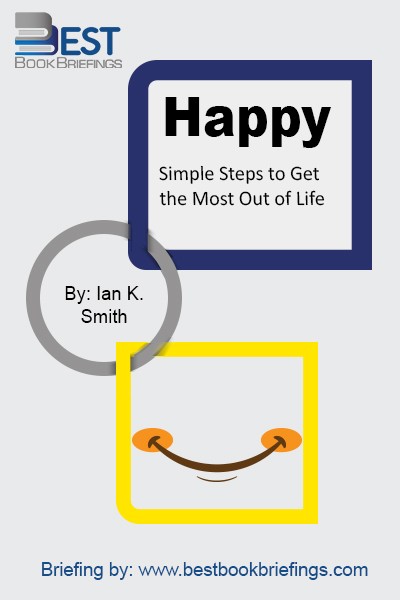
Achieving ultimate happiness means owning it. Too often we allow other people or situations to control our quest for happiness; a disobedient son, a losing battle against weight gain or feelings of loneliness. But the key is how well you control the impact of those disappointments have on your overall happiness.
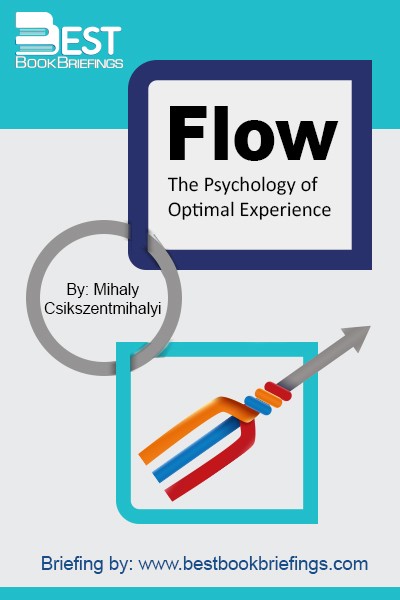
Happiness is not something that happens. It is not the result of good fortune or random chance. It is not something that money can buy or power command. It does not depend on outside events, but rather, on how we interpret them. Happiness, thus, is a condition that must be prepared
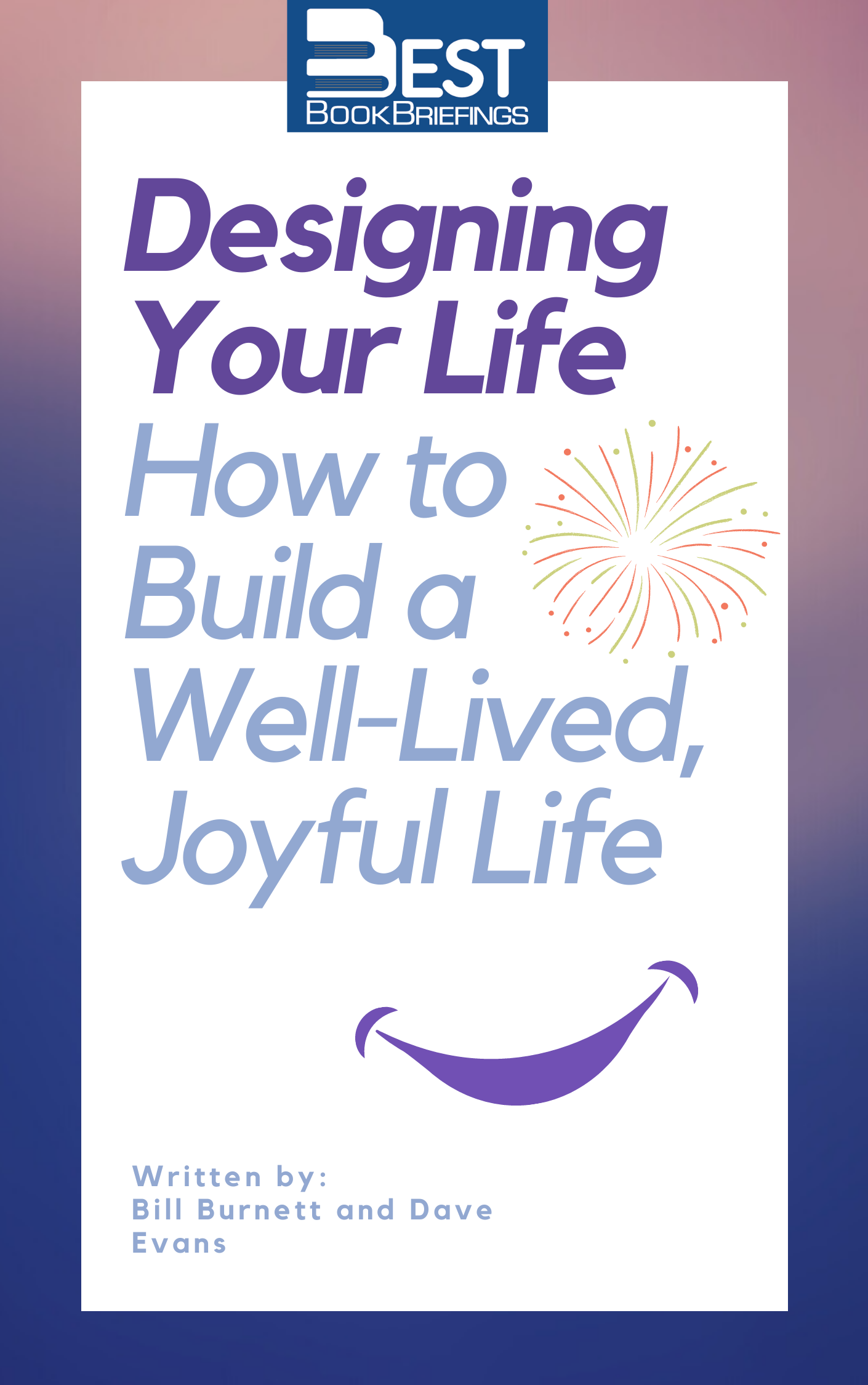
So, you have a problem? Look around you. Everything that surrounds us was designed by someone; and every design started with a problem. Problems are why you have running water and insulations in your home. Plumbing was created because of a problem. Toothbrushes were invented because of a problem. Chairs were created
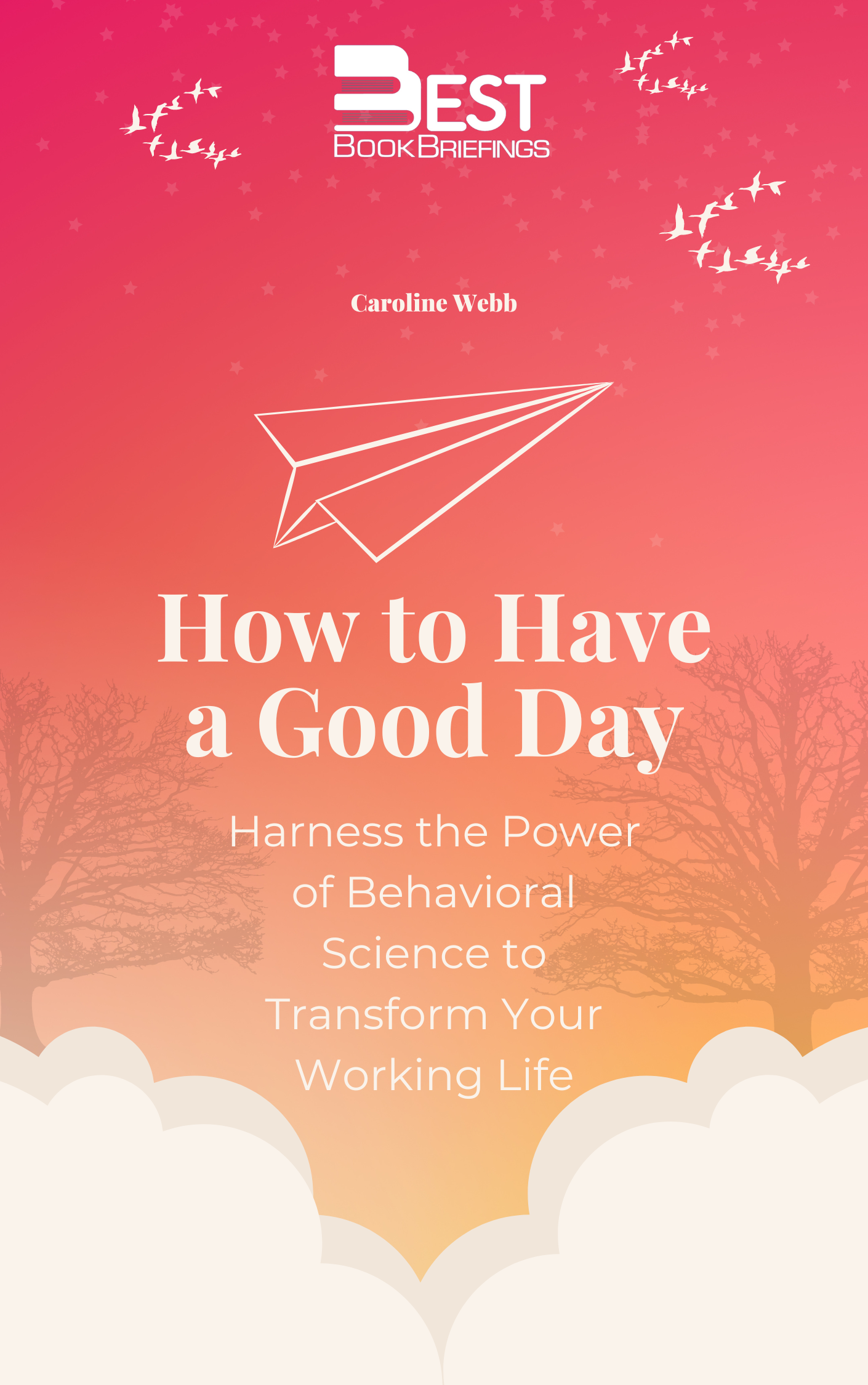
In How to Have a Good Day, Webb explains exactly how to apply science to our daily tasks and routines. She translates three big scientific ideas into step-by-step guidance that shows us how to set better priorities, make our time go further, ace every interaction, be our smartest selves, strengthen our personal
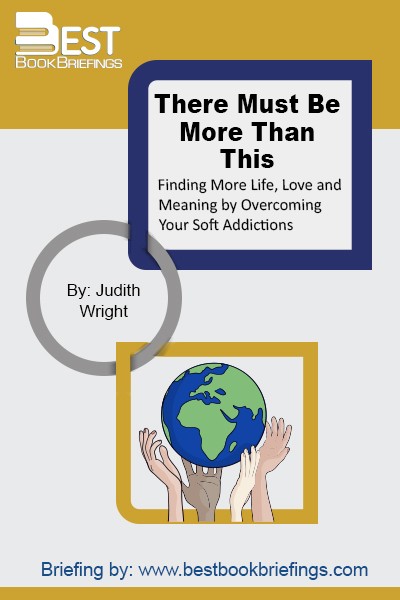
There Must Be More Than This helps you identify and fulfill the deeper longings behind your soft addictions. Judith Wright’s eight-step program has now been used by hundreds of her students to overcome their soft addictions and open up their lives to a greater sense of purpose and happiness. There Must

